With origins in both Stark County, Ohio and southeast Florida, the Foundation often works to link these geographic areas, bringing seemingly disparate groups and interests together to form innovative and ground-breaking technologies and theories. Coupled with outreach and media exposure, these advances lead to new ways of thinking about issues and means to solving our most challenging issues.
COMMUNITY
Supporting initiatives that help local and global communities
SCIENCE
Innovative research that results in high-impact change
EDUCATION
Providing innovative learning opportunities to inspire students
ENVIRONMENT
Promoting sustainability and linking human health to land and water quality
CURRENT INTERESTS
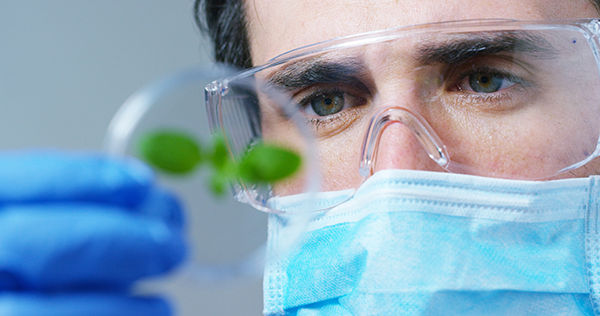
The Biomedical + Environmental Sciences
The biomedical and environmental sciences have predominantly evolved independently of one another, although the two fields can learn immensely from each other. On the one hand, advances in biomedical technology, like CRISPR-Cas9 and genome sequencing, could greatly enhance our ability to understand and protect the natural world. On the other hand, the answers to many pressing biomedical science challenges may be found by more closely studying our environment, as all organisms have had to adapt and evolve to overcome challenges through natural selection. In an effort to catapult interdisciplinary action between the biomedical and environmental sciences, The Herbert W. Hoover Foundation recently funded the first-ever “Pew Marine and Biomedical Science Fellowship ” jointly administered by the Pew Fellows Program in Marine Conservation and the Pew Scholars Program in the Biomedical Sciences.
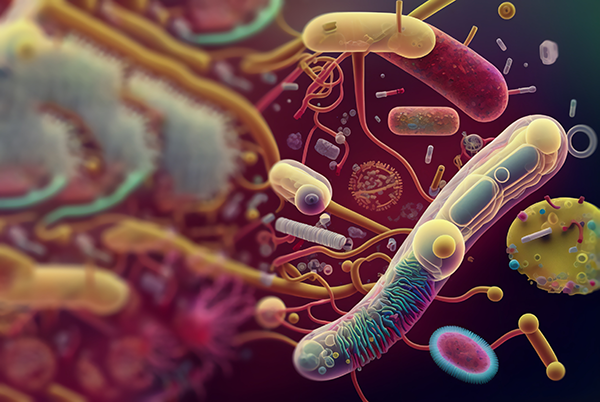
Human and Earth Microbiomes
The microbiome living within any individual’s gut may be just as crucial to that person’s genome in determining the trajectory of their physical and mental health. Similarly, the microbiomes found in soils, corals, and waterways may play a pivotal role in the overall health of an ecosystem, including carbon cycling, algal bloom production, and disease defense. By understanding the microbiomes that make up our bodies and earth, we may develop early warning systems for disease and develop less-invasive means of alleviating ailments and cultivating healthy ecosystems. Inversely, environmental pollutants, like nanoplastics and other harmful chemicals, may be negatively impacting these microbial communities.
Our staff is currently researching these subjects and seeking to meet scientists studying related topics.
What we’ve been reading on the subject: (1) “The Good Gut” by Justin and Erica Sonnenburg and (2) “Disease Suppressive Soils – Beyond Food Production: A Critical Review (Jayaraman, S., Naorem, A., Lal, R. et al. Disease-Suppressive Soils—Beyond Food Production: a Critical Review. J Soil Sci Plant Nutr 21, 1437–1465 (2021). https://doi.org/10.1007/s42729-021-00451-x).
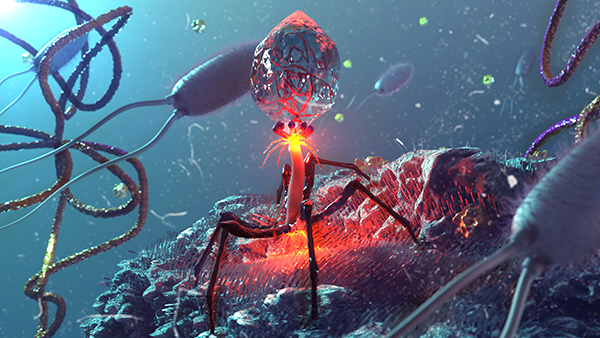
Bacteriophages
Bacteriophages are viruses that specifically hunt and kill bacteria. With the overuse of antibiotics in most of the world, bacteria are evolving to be resistant to antibiotics, and bacteriophages can be used as a way to both decrease the use of antibiotics and treat patients with antibiotic-resistant bacterial diseases. Phages can be found anywhere, but they are exceptionally present in sewage and soils. The adoption of bacteriophage therapy in animal agriculture may slow antibiotic resistance, as the overuse of antibiotics in animal husbandry is a leading cause of antibiotic resistance. Additionally, the coupled use of phage and probiotic therapy may further advance our capability to alleviate diseases caused by negatively altered microbiomes.
Our staff is currently researching these subjects and seeking to meet scientists studying the topics.
What we’ve been reading on the subject: (1) “The Perfect Predator: A Scientist’s Race to Save her Husband from a Deadly Superbug” by Steffanie Strathdee; (2) Sara Federici et al., Targeted suppression of human IBD-associated gut microbiota commensals by phage consortia for treatment of intestinal inflammation, Cell, Volume 185, Issue 16, 2002, Pages 2879-2898, https://doi.org/10.1016/j.cell.2022.07.003.
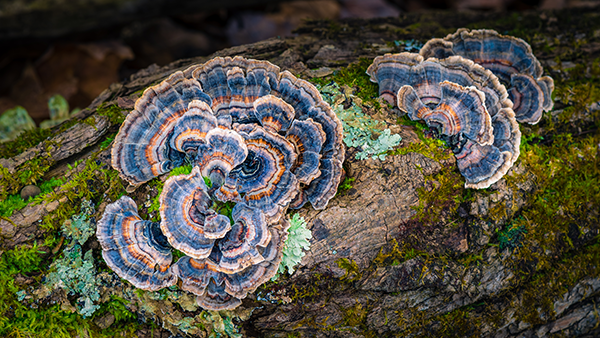
Fungi
From its ability to cause mind-altering states to its deep networks of communication underground, the impact fungi have on our world is immense. Psilocybin may alleviate mental health disorders, and mycelium “brains” may expand our ability to biocompute information. Fungi may also have immense capability in ameliorating harmed ecosystems or facilitating efficient drug transfer, resulting in less pharmaceutical contamination of our water bodies. Our staff is currently researching fungi, and its relationship to soil, our bodies, and water.
What we’ve been reading on the subject: (1) McGinnis MR, Tyring SK. Introduction to Mycology. In: Baron S, editor. Medical Microbiology. 4th edition. Galveston (TX): University of Texas Medical Branch at Galveston; 1996. Available from: https://www.ncbi.nlm.nih.gov/books/NBK8125/ and (2) Entangled Life: How Fungi make our Worlds, Change our Minds, and Shape our Future by Merlin Sheldrake.

Light Therapy/Photobiomodulation
Light therapy has been around for centuries, but more recently it has been receiving prominent attention from the scientific community in how it may be used to address a multitude of diseases and ailments. In the 1950s, scientists published research on how light therapy can be used to alleviate jaundice in infants, a now common practice used in all US hospitals. Later in the 1990s, NASA began researching light therapy as a tool to assist astronauts in their ventures to the Space Station. Since then, many studies demonstrate how light can be used to heal the body and mind, including light therapy’s ability to improve mitochondrial function, back pain, migraines, anxiety and depression, skin ailments, eyes, mental health, cancer, and more.
Our staff is currently researching these subjects and seeking to meet scientists studying the topics.
What we’ve been reading on the subject: (1) Elżbieta Ostańska, David Aebisher, Dorota Bartusik-Aebisher, The potential of photodynamic therapy in current breast cancer treatment methodologies, Biomedicine & Pharmacotherapy, Volume 137, 2021, 111302, ISSN 0753-3322, https://doi.org/10.1016/j.biopha.2021.111302; (2) Markowitz SN, Devenyi RG, Munk MR, Croissant CL, Tedford SE, Rückert R, Walker MG, Patino BE, Chen L, Nido M, Tedford CE. A DOUBLE-MASKED, RANDOMIZED, SHAM-CONTROLLED, SINGLE-CENTER STUDY WITH PHOTOBIOMODULATION FOR THE TREATMENT OF DRY AGE-RELATED MACULAR DEGENERATION. Retina. 2020 Aug;40(8):1471-1482. doi: 10.1097/IAE.0000000000002632. PMID: 31404033; PMCID: PMC7392581; (3) Gale GD, Rothbart PJ, Li Y. Infrared therapy for chronic low back pain: a randomized, controlled trial. Pain Res Manag. 2006 Autumn;11(3):193-6. doi: 10.1155/2006/876920. PMID: 16960636; PMCID: PMC2539004; and (4) Lisa A. House & Barry Walton (2018) The Effectiveness of Light Therapy for College Student Depression, Journal of College Student Psychotherapy, 32:1, 42-52, DOI: 10.1080/87568225.2017.1321975.

Freeze Drying Technology
Freeze drying is a process through which 99% of the moisture is removed from an object, allowing it to be preserved more easily and for much longer than if it were in its original state. Freeze drying techniques can be applied to many things from food to bacteriophages and soil. By freeze drying food, it has the potential of alleviating food waste and nutritional deficiencies. Fresh and healthy meals, fruits, and vegetables can be preserved for upwards of 20+ years with little to no loss of nutritional quality. Thus, nutrient dense foods can be stored and transported easily without refrigeration. The transportation of food to areas that need it is a major cost that typically limits the amount of food that can be delivered. The process of freeze drying actually makes food much lighter, which makes it easier to transport more at once. This means that more food can be delivered to people in need, and less trucks could be used, leading to a decrease in the carbon footprint of food delivery. By freeze drying bacteriophages, phages can be preserved longer without freezers allowing for their more efficient use and distribution to hard to reach places. By freeze drying soil, soil scientists may be able to better understand the complex microbial ecosystems found within soil, as microbial communities typically immediately destroyed during soil research may instead be preserved and observed. We are currently investigating the many applications of freeze drying technologies and evaluating potential partners for implementing this technology as a solution to food waste, soil scientific inquiry, and antibiotic resistance.
Our staff is currently researching these subjects and seeking to meet scientists studying the topics.
What we’ve been reading on the subject: (1) Islam, K., Weil, R., Mulchi, C. et al. Freeze-dried soil extraction method for the measurement of microbial biomass C. Biol Fertil Soils 24, 205–210 (1997). https://doi.org/10.1007/s003740050232; (2) William A. Clark, Dorothy Geary, Preservation of bacteriophages by freezing and freeze-drying, Cryobiology, Volume 10, Issue 5, 1973, Pages 351-360, ISSN 0011-2240, https://doi.org/10.1016/0011-2240(73)90057-6.; and (3) Freeze Drying Lessens a Farmer’s Financial Risk Plus More by Ernie Watson available at https://www.rd.usda.gov/newsroom/success-stories/freeze-drying-lessens-farmers-financial-risk-plus-more.
FEATURED PROJECTS
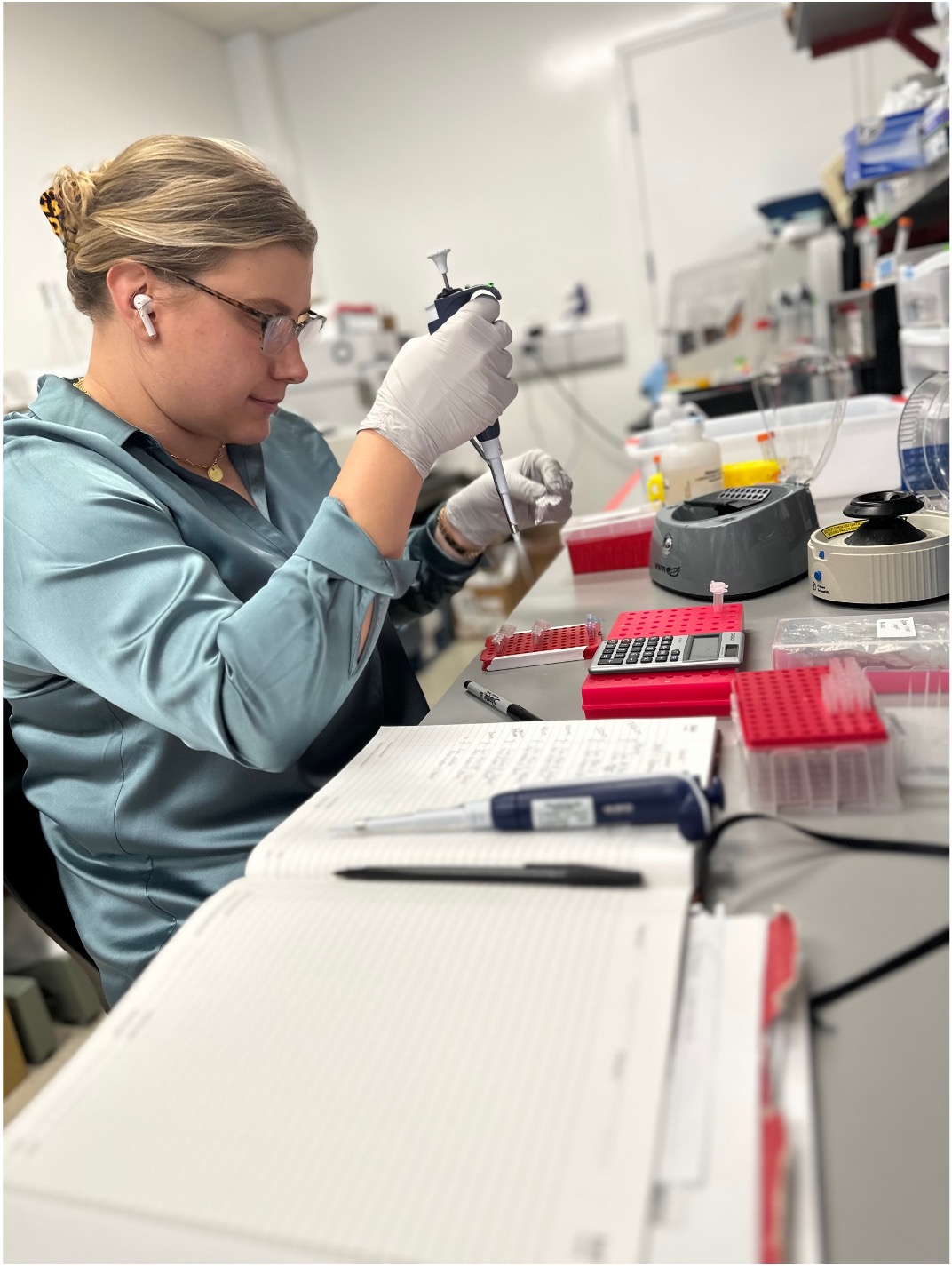
Molecular Sensing of nanoplastic tissue accumulation using a novel DNA-microfluid hybrid system
Focus Area: Science
2023 – This project supports The Ohio State University’s Dr. Carlos Castro’s research to understand the mechanistic effects of the chronic buildup of nanoplastics on a tissue, cellular and subcellular level. Dr. Castro creates DNA-based nanosensors and nanobots to study the human body as well as the environment around us. This project will include the development of a nanosensor to monitor live cell interactions with nonplastics in their environment. They will be developing a novel system that could be used to understand the effects of nanoplastics in tissues and cells in a real-world dosing scenario.
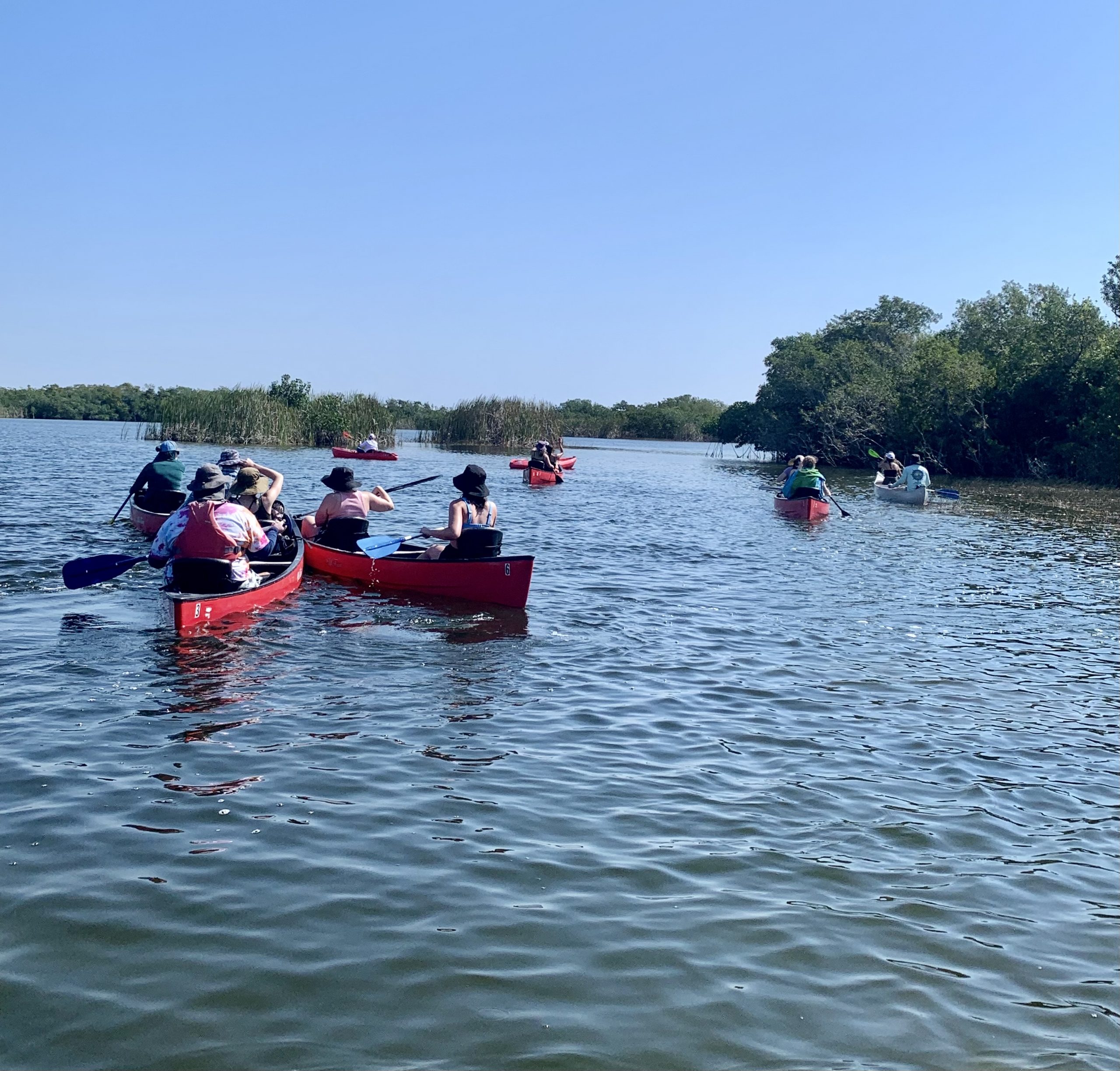
Not Just Water Under the Bridge – Advancing Marine Conservation Efforts in Stark County, Ohio
Focus Area: Education
2023 – A continuation of previous grants, this project supports another cohort of Malone University’s marine biology students obtaining experiential knowledge by working with marine scientists in Florida and furthers Malone University’s partnerships with soil and water focused organizations within Stark County. The experiential trip in Florida includes a tour of Everglades National Park with Richard Kern, coral restoration with Rescue a Reef, debris cleanup in Biscayne National Park with Debris Free Oceans, and manatee research with Dr. Buddy Powell. This project also builds upon research regarding microplastics throughout the Stark County watershed, and provides the opportunity for students to obtain their scuba dive certification. Malone University will also be partnering with Stark County District Library and local elementary schools to expand their educational outreach in relation to the project.
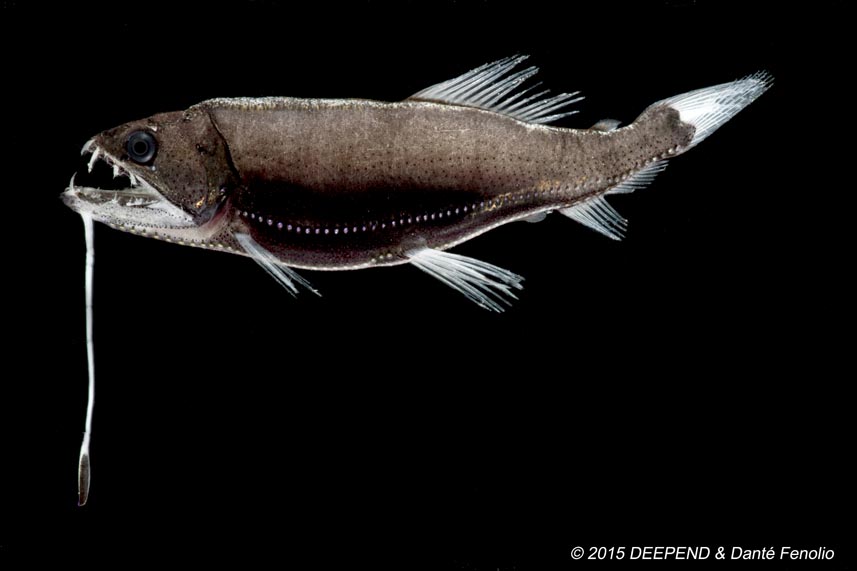
Conservation Genetics of Deep-Sea Fishes: Biodiversity, Genome Structure, and Molecular Adaptation
Focus Area: Science
2023 – This project supports the research of Dr. Shivji, a world-renowned geneticist from Nova Southeastern University, who has studied the genetics of sharks and how those genes may help develop a cure for cancer in humans. As part of this project, Dr. Shivji will sequence the genomes of deep-sea fishes, which could hold the key to better understanding life and adaptations, including some which may help inform human health science, in a generally understudied environment. Additionally, Dr. Shivji is traveling to Stark County to present to the public about his research and the intersection of marine biology and biomedical science, as well as meet with the Conservation Biology class at Kent State Stark, who will have the opportunity to travel to South Florida to participate in a shark tagging research trip with Dr. Shivji.
Photo of a snaggletooth (Astronesthes gemmifer)
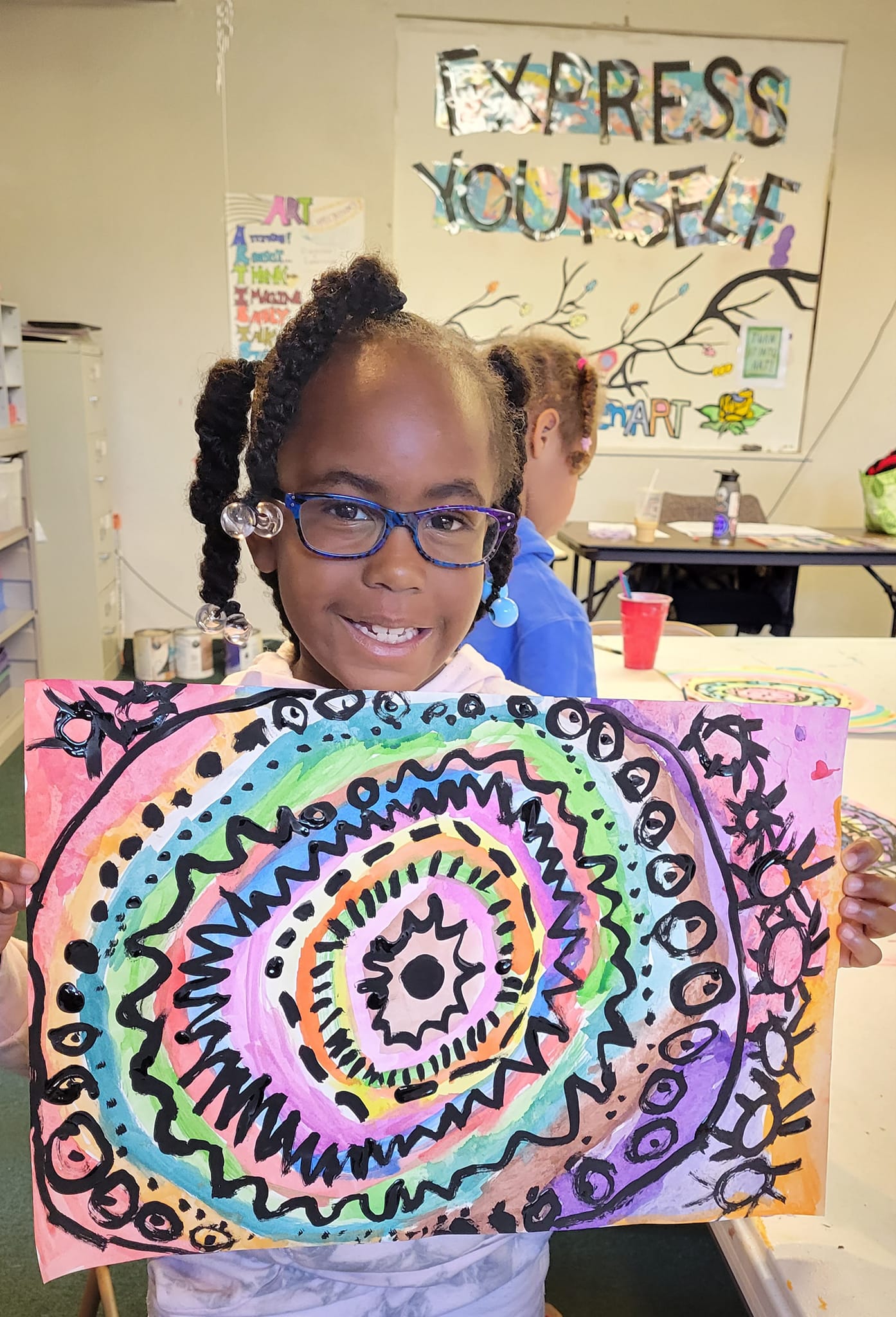
Art and Biology
Focus Area: Community
2023- EN-RICH-MENT offers many programs that incorporate art for children in the Canton area. This project supports their Bio Art program which will teach students biology through the lens of art. Led by award winning artist Errick Freeman and biologist Dr. Jean Engohang-Ndong, students will learn about microscopy, cells, and the human body by creating sculptures, digital art, and photography
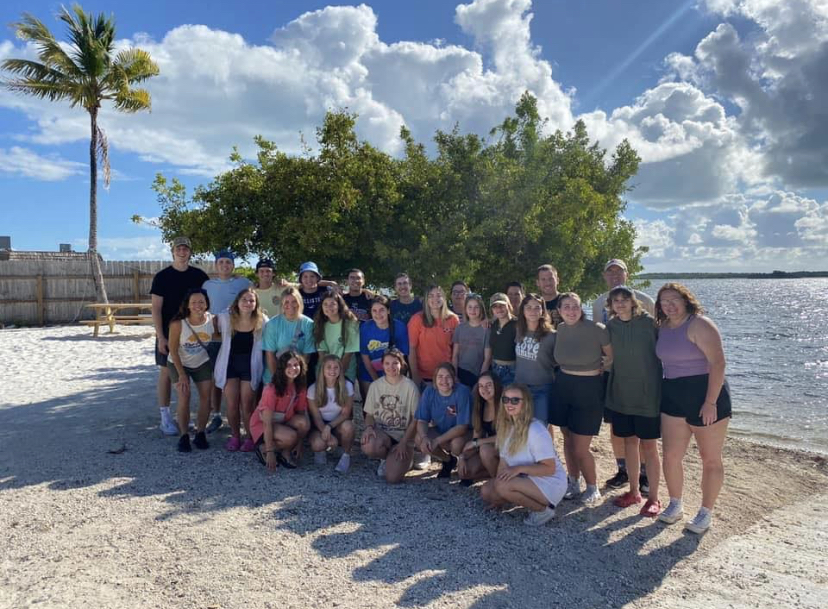
Hoover-Jackson Marine Biology Project: The David Miller Memorial Marine Biology Scholarship
Focus Area: Education
2022 – The Hoover-Jackson Marine Biology class has been around for over 32 years and has served around 800 Stark County Students. HWHF provided funding for a scholarship fund to provide 1-2 students yearly with the opportunity to take the class and attend the field study trip to either Andros, Bahamas or the Florida Keys. The scholarship fund was set up with the hopes to give underserved, underrepresented, and/or financially-pressed students the opportunity to take the course and be immersed in the field of marine biology.

Generational Passage of micro-nano-plastic particles
Focus Area: Science
2022 – Dr. Phoebe Stapleton, an expert in micro and nano plastics in living organisms, previously did a study looking at pregnant female rats’ exposure to micro-nano plastics through the lungs and through the digestive system and found that plastics were also present in the fetal tissues. This project is looking to see whether or not plastics were still present in the offspring after birth, potentially showing the generational implications of micro-nano plastic pollution.
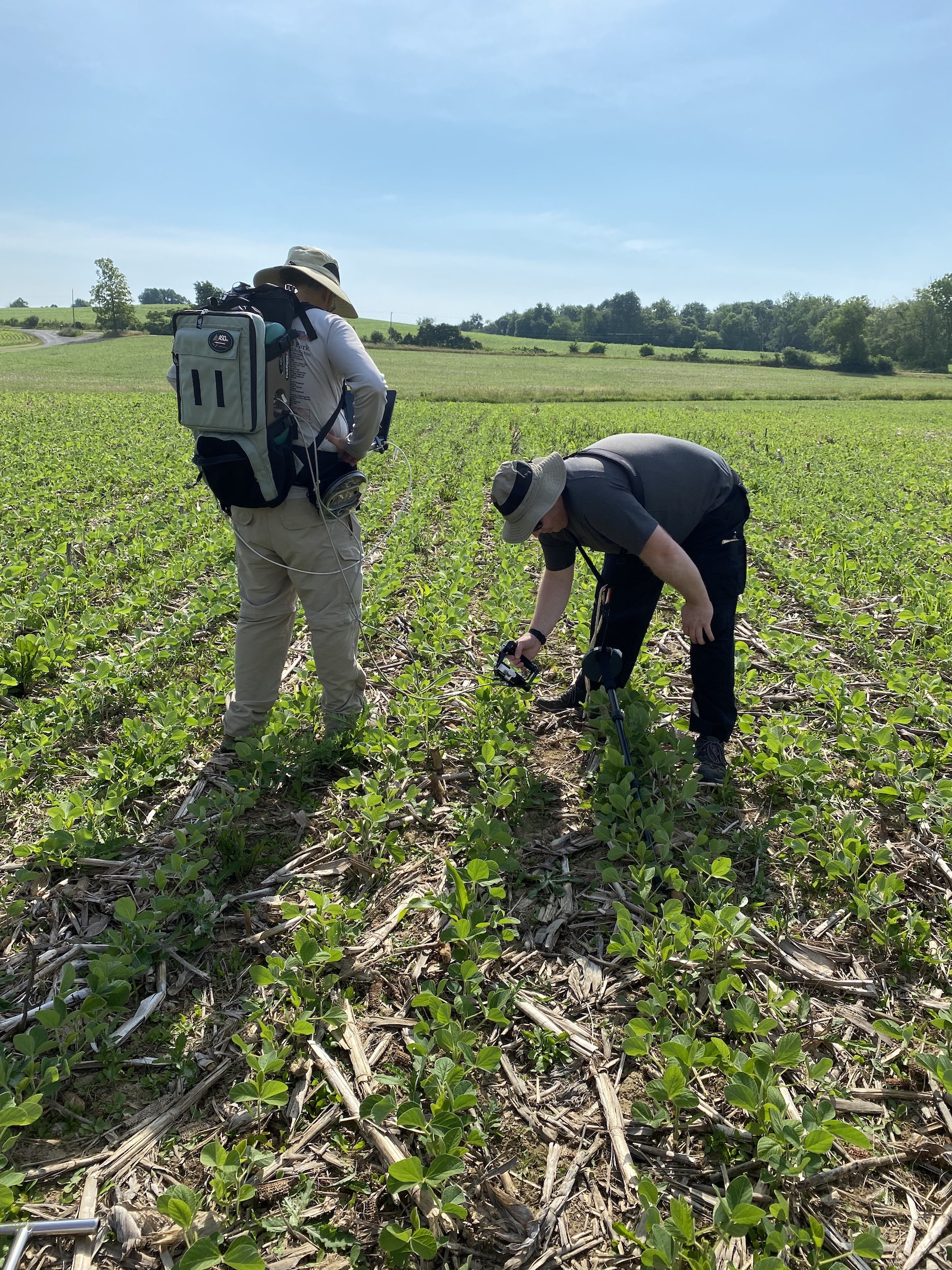
Cover Crop Impacts on Soil Carbon Inferred by Modeling and Soil Optical Properties
Focus Area: Science
2022 – This project builds on the research previously funded by HWHF, but looks more into the impact of cover crops on soil organic carbon stocks. Additionally, other types of soils is being assessed to determine whether remote sensing can be used on them as well. The research team includes Dr. Ortiz and Dr. Eichler (an agroecologist) from Kent State University, Dr. Lal from the Ohio State University, and Dr. Confesor (expert in modeling of agricultural systems).

Conservation Challenges and Genetics of West Indian Manatees
Focus Area: Education
2022 – A continuation of the Hebert W Hoover Foundation Speaker Series, this program features Dr. Anmari Alvarez-Aleman and Richard Kern. Dr. Alvarez-Aleman is the Caribbean Research Director at the Clearwater Marine Aquarium and her research is focused on the genetics of manatees. As part of this grant she will use genetics to learn about regional connectivity, diversity, and the genetic structure of the West Indian manatee. She will also travel to Stark County to present to 6 high school classes. Richard Kern has created a new film called “The Siren and the Springs” focused on Florida’s freshwater aquifers and springs as well as the Florida manatee. As part of this grant, Richard Kern will travel to Stark County to present his film to 10 schools. Additionally, funding from this grant is covering the cost of gel electrophoresis equipment for high school biology classes to learn about DNA and genetics

Special Event Series – Successful Women in STEM @ Stark Library
Focus Area: Community
2022 – The Stark Library created a special speaker series highlighting successful women in STEM (Science, Technology, Engineering, and Mathematics). This program series is featuring two speakers and distributing science kits to over 200 families. The two speakers are Dylan Dreyer, a meteorologist for NBC’s “Today” shows, and Danni Washington, a leader in STEM advocacy and education as it relates to ocean conservation and environmentalism and the first African American woman to host her own science television series.

Microplastics and Atmospheric Aerosol: Impact on Climate Forcing
Focus Area: Science
2022 – HWHF provided funding for a project assessing the fundamentals of microplastics in the atmosphere. The Ohio State University, in partnership with Utah State University, is working on the first study ever to provide molecular level information in a controlled environment while incorporating actual microplastic samples collected from the environment. The aim of the research is to assess microplastics on a molecular level and their impacts on climate when they become aerosolized.
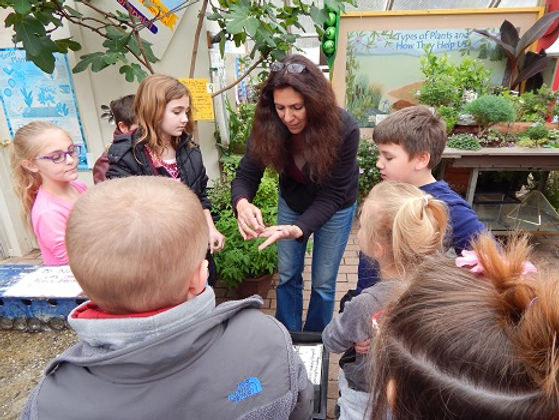
Beech Creek Pond Restoration: A Journey to a Healthy Ecosystem
Focus Area: Education
2021 – This grant provides the funds necessary to restore a pond on the Beech Creek property to a healthy, natural habitat, and it supports educational opportunities for students and teachers in Stark County to learn about ecological restoration and natural habitats throughout the process.
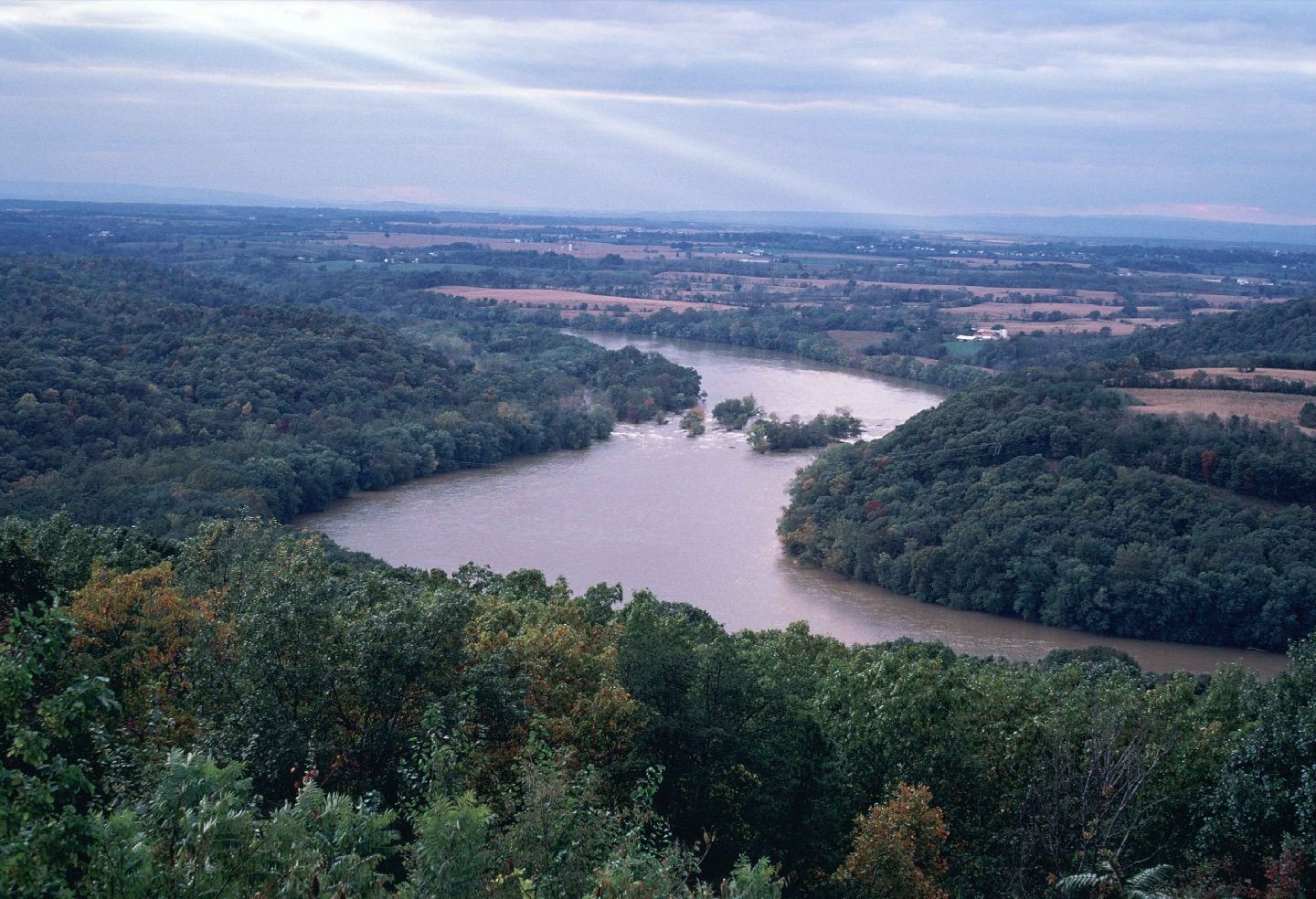
Non-target Analysis of Ohio River Waters in Response to Major Chemical Plant Building and Operation
Focus Area: Environment
2021 – Scientists from Kent State University and Florida International University will collaborate on a scientific study to assess pollutants in the Ohio River using the novel non-target analysis method. This water “fingerprinting” of the Ohio River over time can provide citizens the information needed to understand the health of the Ohio River and how it is impacted by various land use changes.
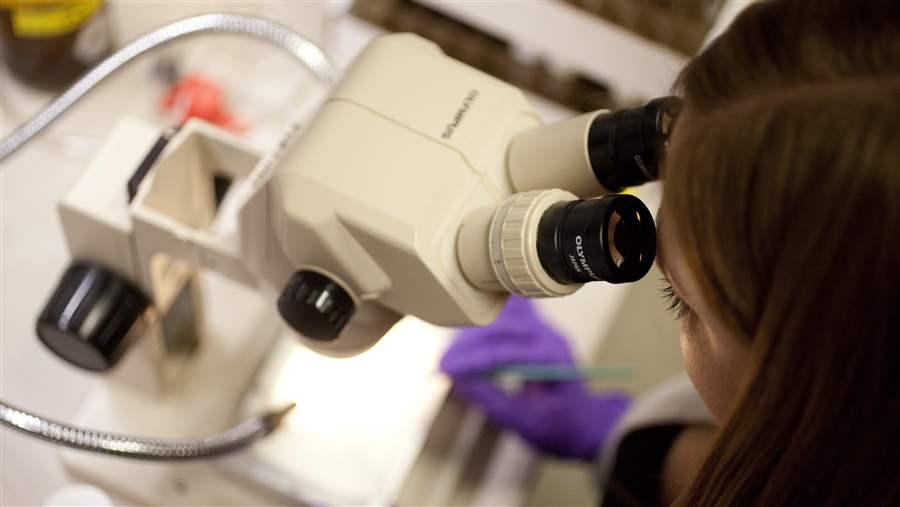
Pew Marine & Biomedical Science Fellowship
Focus Area: Science
2021 – This grant creates the first-ever Pew Charitable Trusts program linking marine and biomedical scientists. Following the framework of Pew’s Marine Fellows and Biomedical Scholars programs, this grant will provide funding each year over three years for a competitively selected individual to conduct a pioneering project melding these two fields.
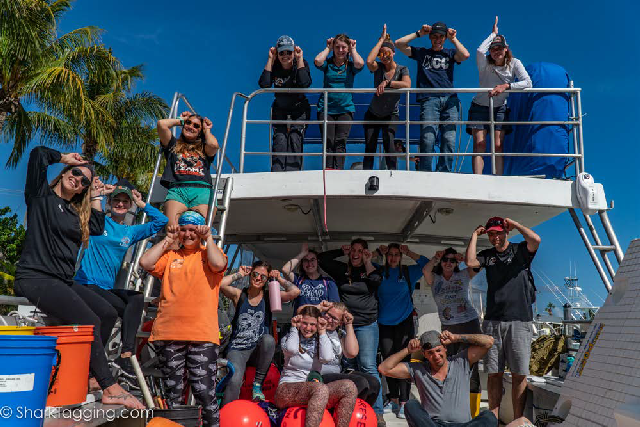
Communicating the Connectedness – Healthy Watersheds, Healthy Oceans
Focus Area: Education
2021 – Malone University students will engage in local watershed projects in collaboration with the Stark Soil and Water District and Ohio State University Stark County Agricultural Extension. These students would then be eligible to participate in a trip to Florida to conduct scientific research with UM Sharktagging, Rescue a Reef, and Debris Free Oceans in Miami, Florida.
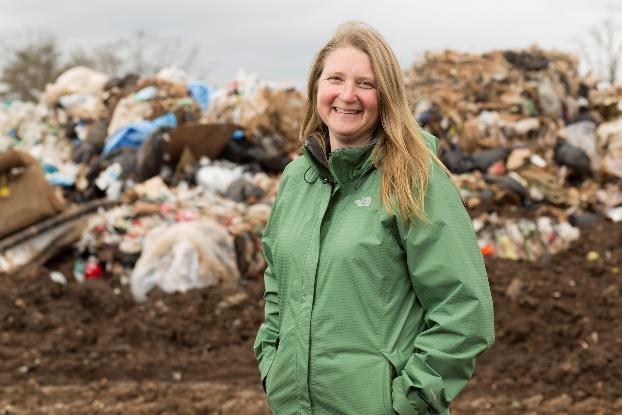
Incorporating Literacy, Diversity, and Social/Emotional Learning into K-12 Science and STEM
Focus Area: Education
2021 – The fifth year of The Herbert W. Hoover Foundation Speaker Series is unique, as it brings National Geographic Fellow and waste systems expert, Dr. Jenna Jambeck, to Stark County to conduct a closed-loop systems assessment of the Ohio River, starting from Canton, Ohio, in collaboration with students in Stark County. This is part of a larger effort to assess waste in the Mississippi River Basin, which drains to the Gulf of Mexico. Other speakers include Dr. Neil Hammerschlag, Dalton Hesley, and Richard Kern in either an in-person or remote setting.
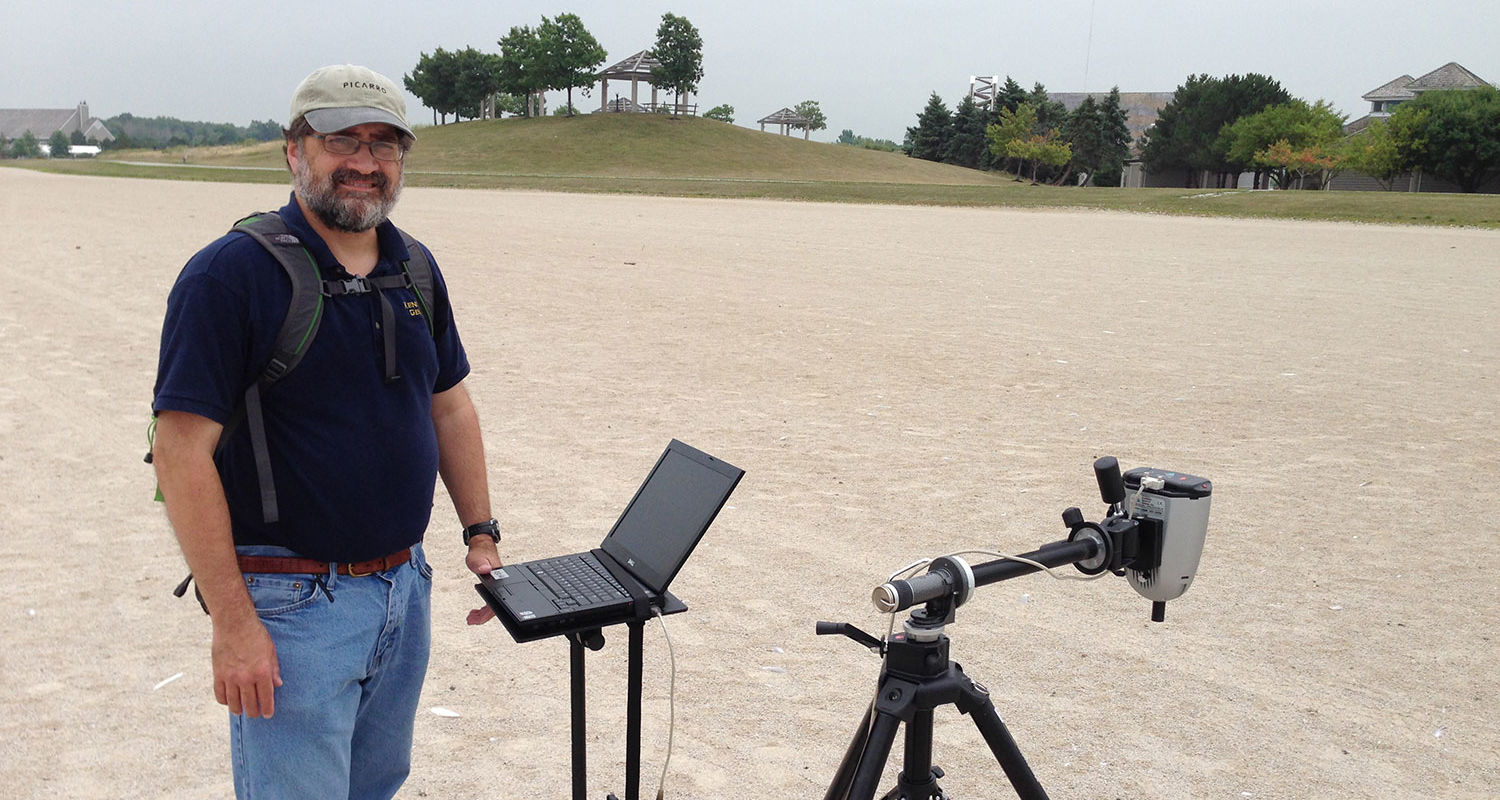
Automating the Detection of Harmful Algal Blooms using Google Earth Engine and Google Cloud Platform
Focus Area: Science
2021 – Building on previous research funded by the Herbert W. Hoover Foundation, researchers will automate the novel method of analyzing water quality in the Google Earth Engine and Google Cloud Platform, meaning researchers around the globe could have access to an inexpensive and consistent method of assessing water health.

Determining and Addressing the Causes of Reproductive Failure in Corals in FL and HI
Focus Area: Science
2020 – Using novel techniques developed by Dr. Robert Richmond of the University of Hawaii, scientists will assess the health of coral reefs in Florida and Hawaii with the goal of pinpointing their main stressors with specificity. Ultimately, this will allow resource managers the opportunity to enhance coral populations in their regions by stopping these pollutant stressors at their source.
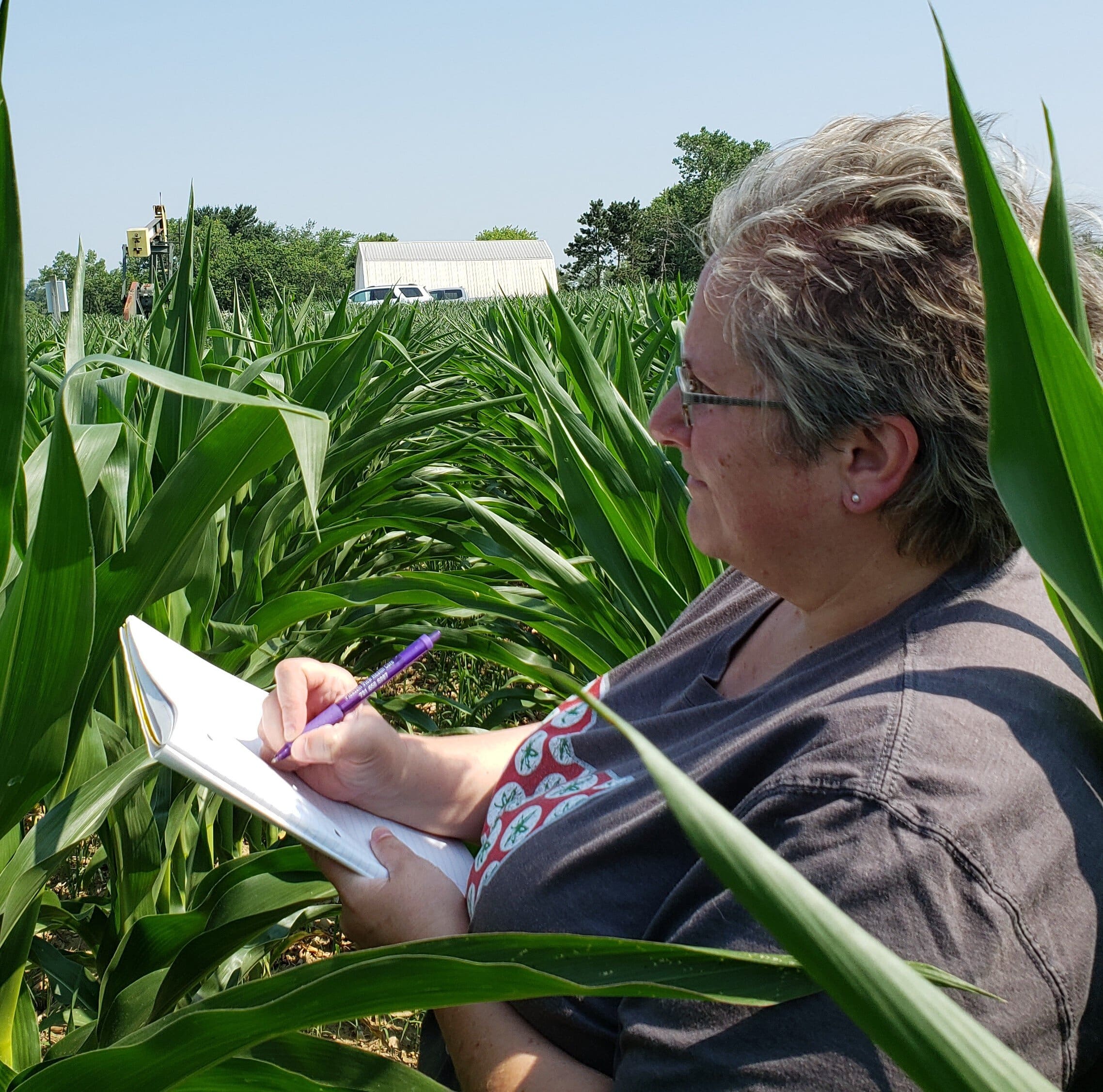
Field-Scale Estimates of Soil Carbon Based on Modeling and Soil Optical Properties
Focus Area: Science
2020 – Building upon prior grants provided by the Herbert W. Hoover Foundation, this project by Ohio State University and Kent State University seeks to assess the quality of soil through imaging. This will enable farmers, scientists, and resource managers to more readily assess carbon sequestration capacity in soil as well as overall soil health at a fraction of the cost.
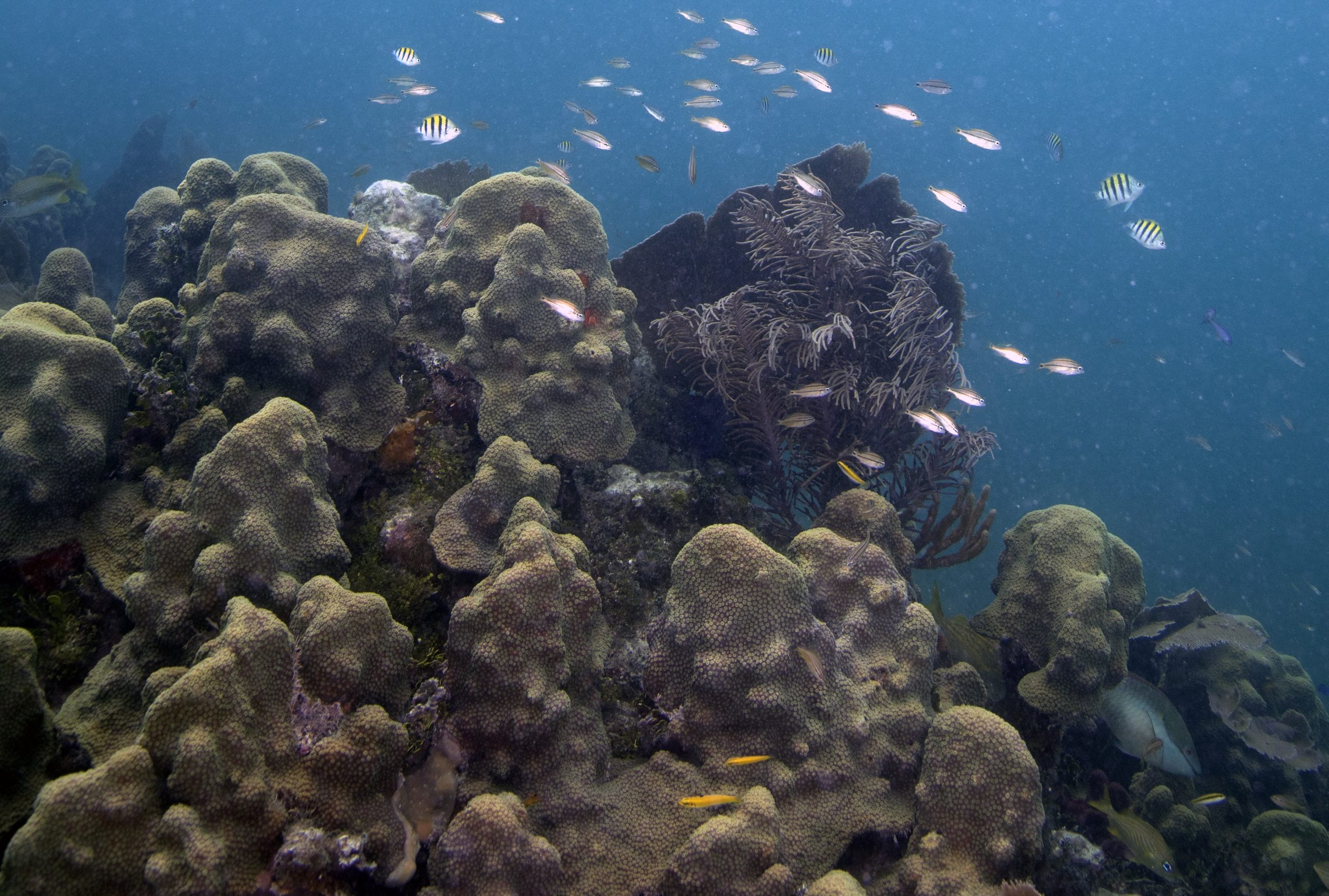
Rebuilding Coral Populations Through Reefs of Opportunity
Focus Area: Environment
2020 – This funding to the South Florida National Parks Trust will support Biscayne National Park’s efforts to rebuild and restore its coral reef populations, providing habitat for the multitude of species that reside there.

Continuing the Study of Neurodegenerative Disease and Algal Blooms
Focus Area: Science
2020 – Scientists at the University of Miami Brain Endowment Bank will continue to study the linkages between BMAA, a blue-green algal toxin, and neurodegenerative disease. By analyzing donor brain tissue, this study will build upon long-term funding from HWHF investigating the link between blue-green algae and brain disease.
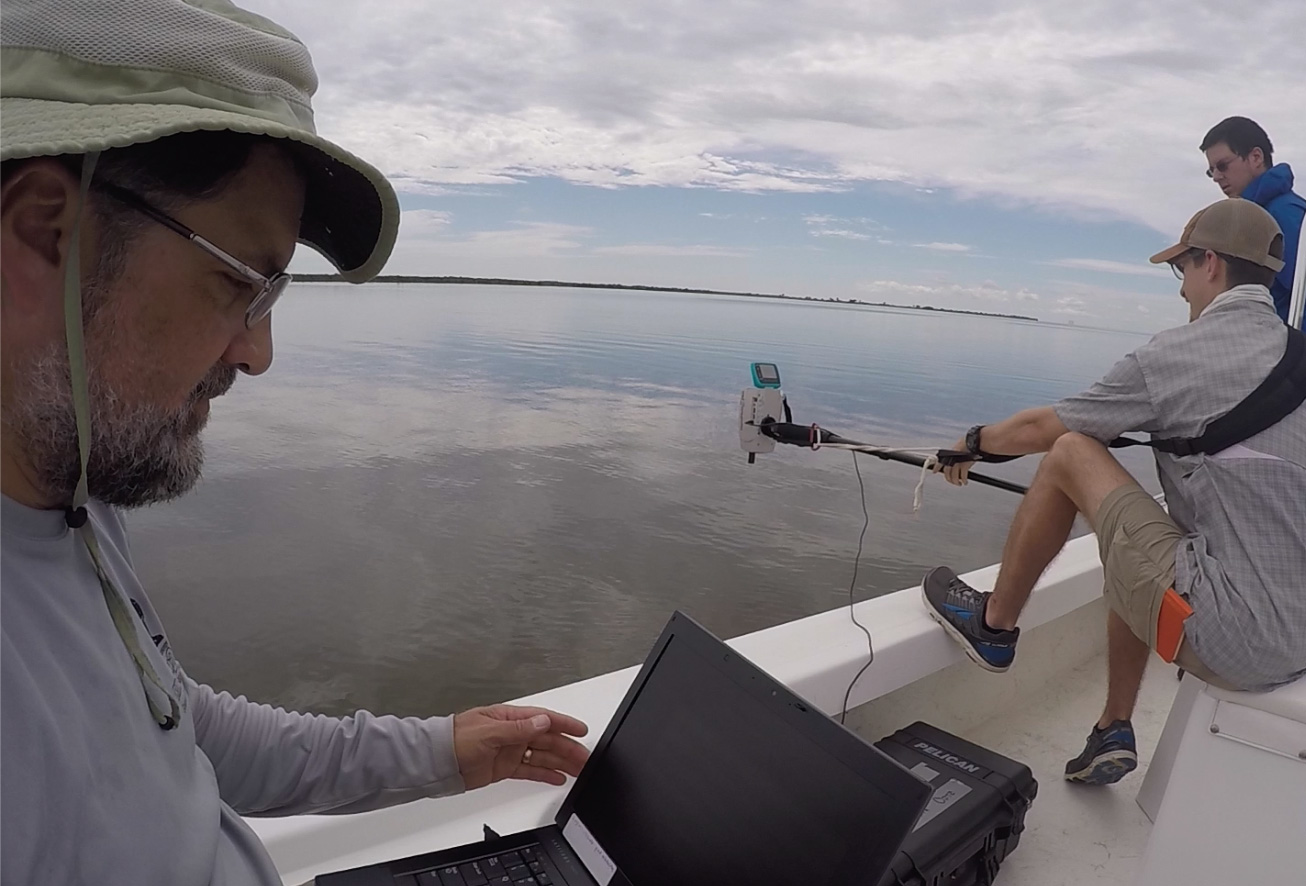
Using Satellite Imagery to Analyze Toxic Algal Blooms
Focus Area: Science
2020 – Dr. Joseph Ortiz at Kent State University, in partnership with SkyTruth, receives funding to monitor toxic algal blooms in Lake Okeechobee utilizing Google Earth Engine and spectral decomposition methods. Toxic algal blooms can unexpectedly shock a community and disrupt its ability to obtain clean water, as these blooms can lead to liver disease, kill pets, and even cause neurodegenerative disease. With this technology, communities can receive notice further in advance as to whether to expect a toxic algal bloom so they can take action to protect themselves as well as action to prevent additional algal blooms in the future.
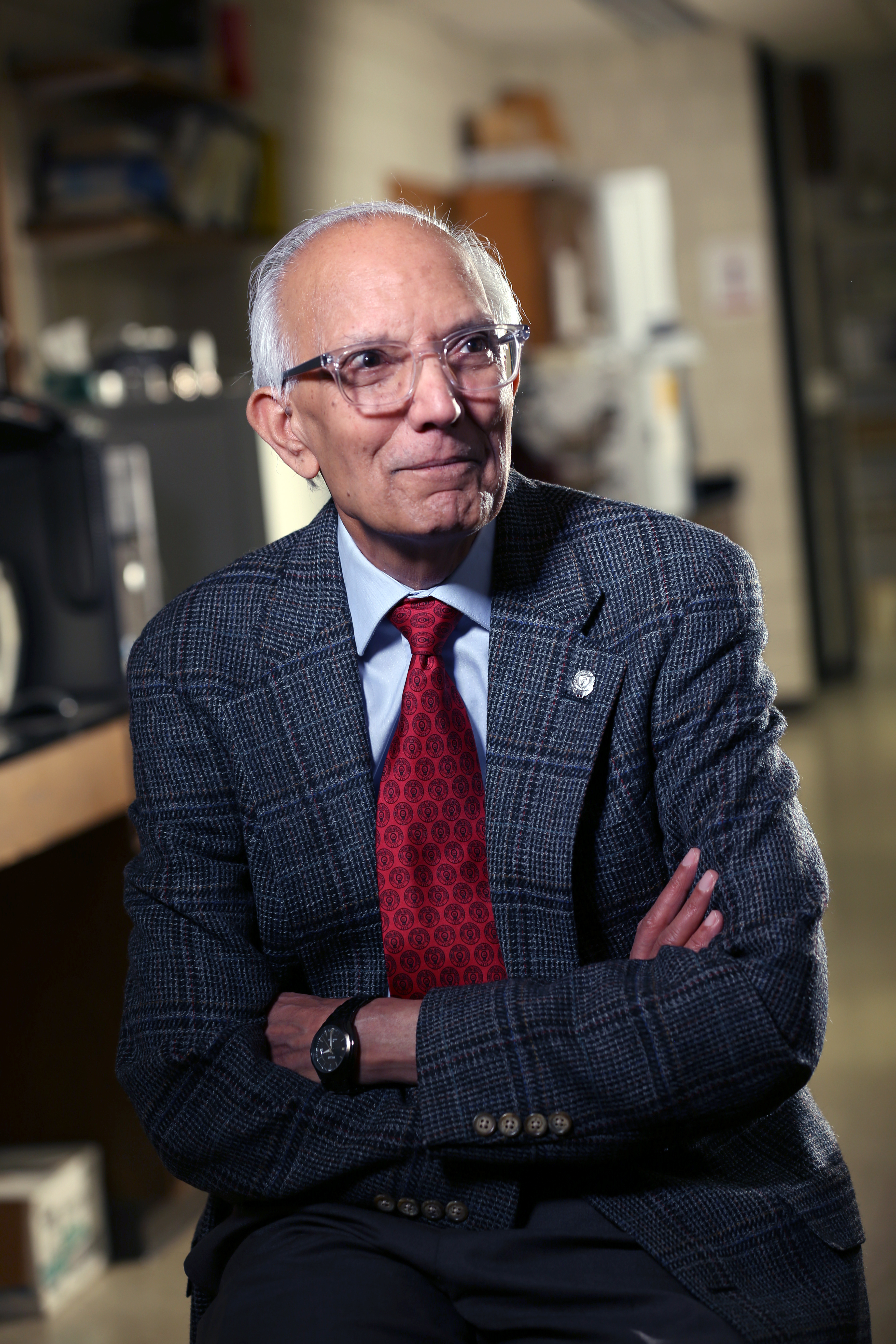
Stark Sustainable Soil Initiative
Focus Area: Environment
2019 – HWHF is providing funding to The Ohio State University to conduct groundbreaking soil health research under the direction of world-renowned soil scientist Rattan Lal in Stark County. On-farm studies will assess the impact of agronomic management for restoration of soil health on crop yield and nutritional quality. Improved management practices, including conservation agriculture with and without cover crops, and with and without use of farmyard manure, will be implemented. The project will produce globally relevant outcomes by adding new insights to the literature on assessing the carbon footprint of small landholder production systems.
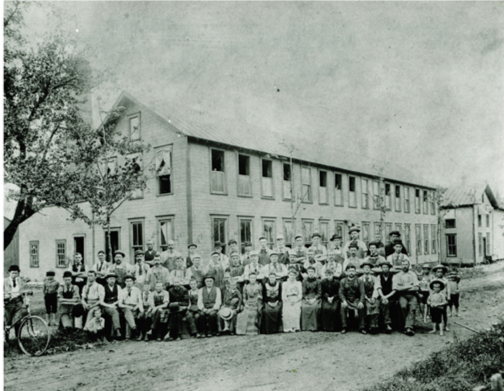
North Canton Heritage Trail
Focus Area: Community
2019 – Funding was provided to the North Canton Heritage Society for the installation of seven permanent signs spread throughout the city of North Canton. These signs showcase important historical events and contributions of local residents and organizations throughout history, including the impact of The Hoover Company and family.
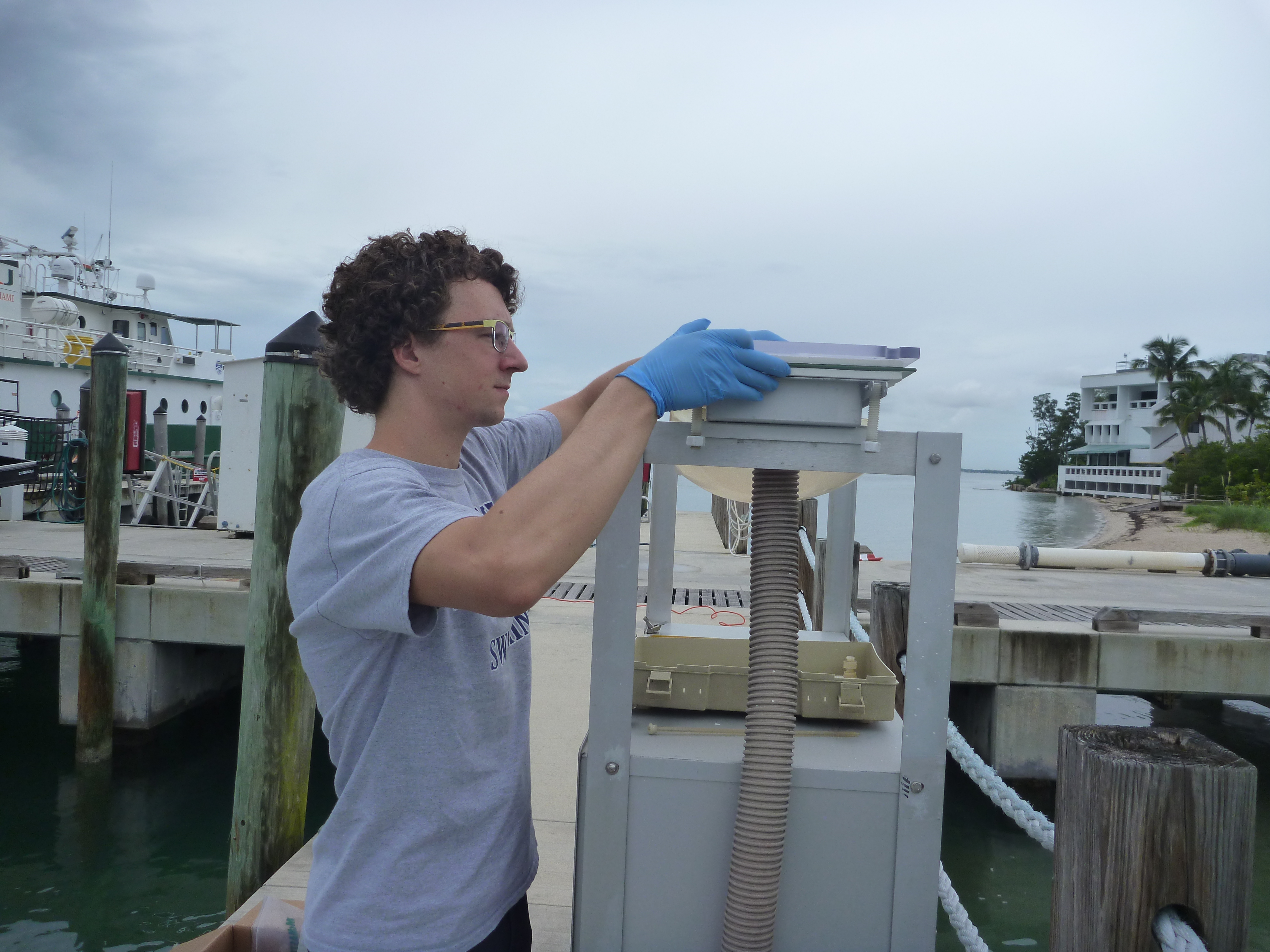
Aerosolized Algal Toxins in Biscayne Bay and South Florida
Focus Area:
2018 – The Foundation supports the research of Dr. Larry Brand, at the University of Miami, studying the aerosolization of toxins released from Harmful Algal Blooms. This research looks at Biscayne Bay, where many people live and there is a high abundance of cyanobacteria due to land runoff of nutrients. Most previous Harmful Algal Bloom research focuses on the presence of these toxins in water and seafood. This novel research aims to give more insight into the human health risks of communities neighboring water bodies with Harmful Algal Blooms.
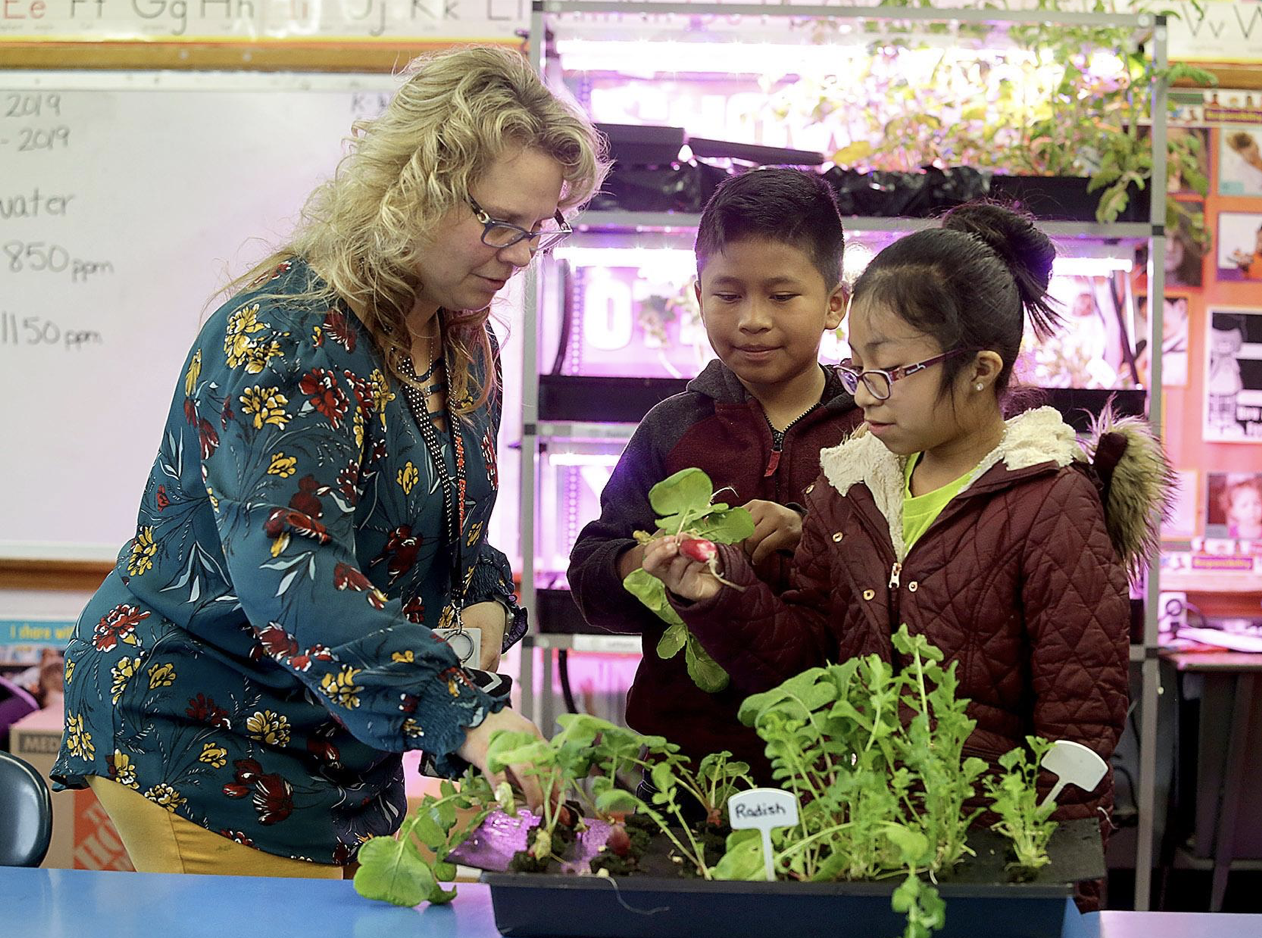
Lettuce Provide Massillon City Schools Indoor Gardens
Focus Area: Education
2018 – HWHF provides funding for 5 Massillon City Schools to procure indoor hydroponic gardens and the tools needed to teach students about agriculture and its effect on personal, community, and environmental health. Using these hydroponic gardens, students plant seeds, watch them grow, harvest, and eat the food that they grew directly inside of their classroom. This experience allows students to see the entire life cycle of agronomy, from seed to salad. (Photo Credit: Kevin Whitlock)
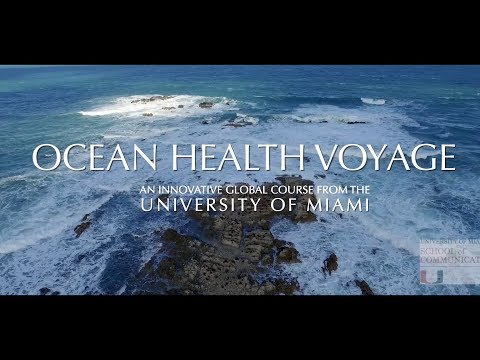
Creating “Media Building-Blocks of Environmental Knowledge” (MBEK) aka the “Ocean Health Voyage”
Focus Area: Education
2014 – HWHF funds the development and creation of the online course “Ocean Health Voyage,” an innovative educational online platform that weaves a modular syllabus with adventurous documentary-style films. The educational cinematic experience features marine researchers on-site from field locations, above and underwater, as they teach fundamental ocean science and shine a light on the real-life complexities of working with stakeholders, finding solutions for balancing resource consumption, and conservation. This course is offered to members of the Hemispheric University Consortium, bringing the course from the United States to 6 other countries – Universidad Austral in Argentina, Universidad de los Andes in Colombia, Pontificia Universidad Católica Madre y Maestra in the Dominican Republic, Universidad San Francisco de Quito in Ecuador, Tecnologico de Monterrey and Universidad de las Americas Puebla in Mexico, and Universidad Peruana Cayetano Heredia in Peru.

